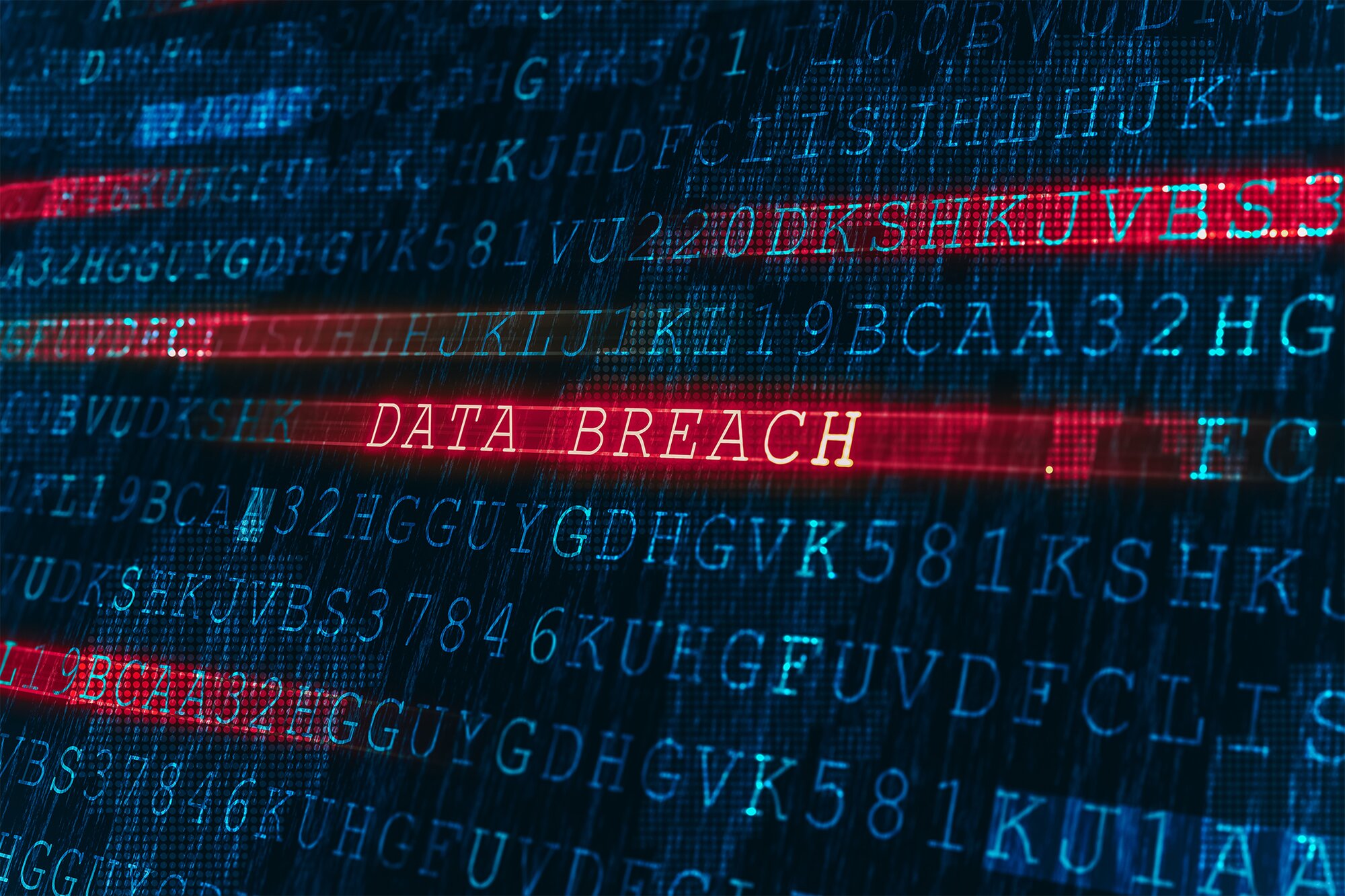Ticketmaster Data Breach



The Ticketmaster data breach of May 2024 sent shock waves across industries as personal and financial details of potentially 560 million customers were exposed. Targeting one of the largest global ticket sales platforms, this cyberattack highlighted critical vulnerabilities in third-party integrations and sparked widespread concerns about user data security.
Ticketmaster Data Breach explained: what happened?
The Ticketmaster data breach was discovered in May 2024 and involved the exposure of customer data, including personal and financial information. This incident was reportedly part of a larger, ongoing campaign by a notorious hacking group. The attackers exploited vulnerabilities in third-party services connected to Ticketmaster’s infrastructure, leading to significant data exfiltration.
When did the Ticketmaster Data Breach happen?
The breach was first detected in May 2024, though investigations suggest unauthorized access may have occurred months earlier. Public disclosure followed shortly after discovery.
Who hacked Ticketmaster?
The breach has been attributed to a well-known hacking group, though definitive attribution remains under investigation.
How did the Ticketmaster Breach happen?
Attackers reportedly exploited a vulnerability in Ticketmaster’s third-party service integrations. This allowed them to gain unauthorized access to sensitive customer data. Such supply chain vulnerabilities remain a critical area of concern for cybersecurity professionals.
Ticketmaster Data Breach Timeline
Initial Compromise: Likely occurred in Q1 2024.
Discovery: May 2024.
Public Disclosure: Mid-May 2024.
Mitigation: Immediate actions were taken to contain the threat.
Technical details
The attackers leveraged a combination of unpatched vulnerabilities and poor access control within third-party tools integrated into Ticketmaster’s environment. Persistence was achieved through concealed malware, enabling lateral movement and data exfiltration.
Indicators of Compromise (IoCs)
IPs: Multiple malicious IPs connected to known threat actors.
Domains: Use of phishing domains posing as legitimate Ticketmaster assets.
Malware: Advanced tools to bypass detection and monitor activity.
Forensic and Incident Investigation
Ticketmaster engaged leading cybersecurity firms to investigate the breach, isolate affected systems, and audit operational security. The incident underscored the importance of better vetting third-party service providers.
What data was compromised in the Ticketmaster Breach?
The attackers accessed a wide range of personal information, including names, email addresses, and payment details. While some data was reportedly encrypted, the breach impacted a significant volume of unencrypted information.
How many people were affected by the Ticketmaster Data Breach?
An estimated 560 million customer accounts were affected, though Ticketmaster has not yet confirmed the final number.
Was my data exposed in the Ticketmaster Breach?
Ticketmaster has provided a lookup tool and customer service support to help individuals determine if their data was exposed. Affected customers received direct notifications. However, if you wanted to confirm your info was not exposed you can use HaveIBeenPwned.com to see how many data breaches your email has been a part of.
Key impacts of the Ticketmaster Breach
The breach led to financial losses for Ticketmaster due to lawsuits, fines, and remediation costs. Additionally, trust in the company’s commitment to data security was significantly eroded, affecting partnerships and customer retention.
Response to the Ticketmaster Data Breach
Ticketmaster quickly disclosed the breach to relevant authorities and worked to mitigate further risks. Measures included strengthening third-party integrations, implementing additional monitoring, and collaborating with external experts for incident response.
Lessons from the Ticketmaster Data Breach
Monitor Third-Party Integrations: Regularly assess the security of vendors and partners.
Patch Management: Prioritize updates to prevent exploitation of known vulnerabilities.
Endpoint Detection: Use advanced tools to identify malicious activity early.
Incident Response Plans: Have structured processes to mitigate breaches effectively.
Is Ticketmaster safe after the Breach?
While Ticketmaster has bolstered its security measures post-breach, customers are advised to remain vigilant, as residual risks may persist.
Mitigation & prevention strategies
Enable multi-factor authentication across all accounts.
Maintain visibility into third-party integrations through SIEM solutions.
Audit and patch vulnerabilities regularly.
Train employees on cybersecurity awareness to reduce human error.
Related data breach incidents
Related educational articles & videos


Protect What Matters






